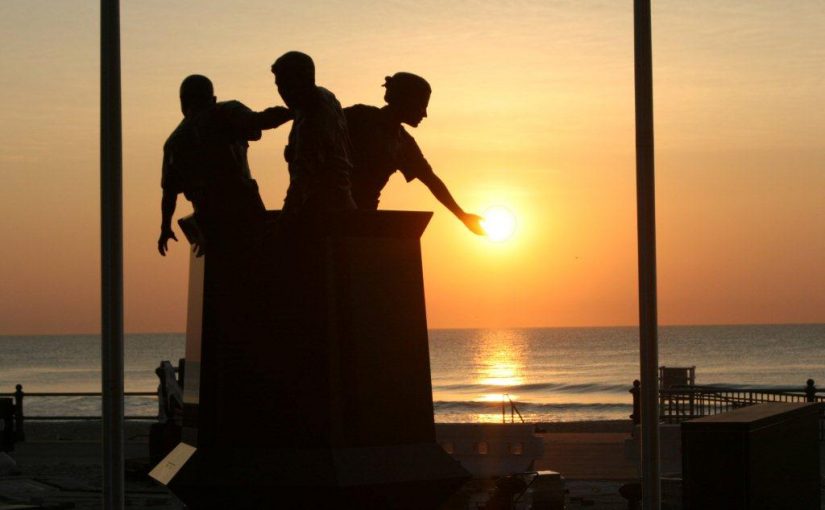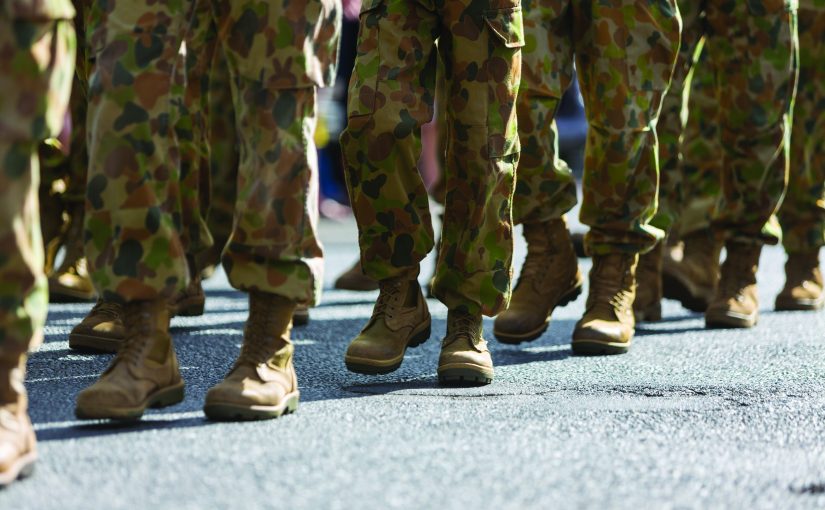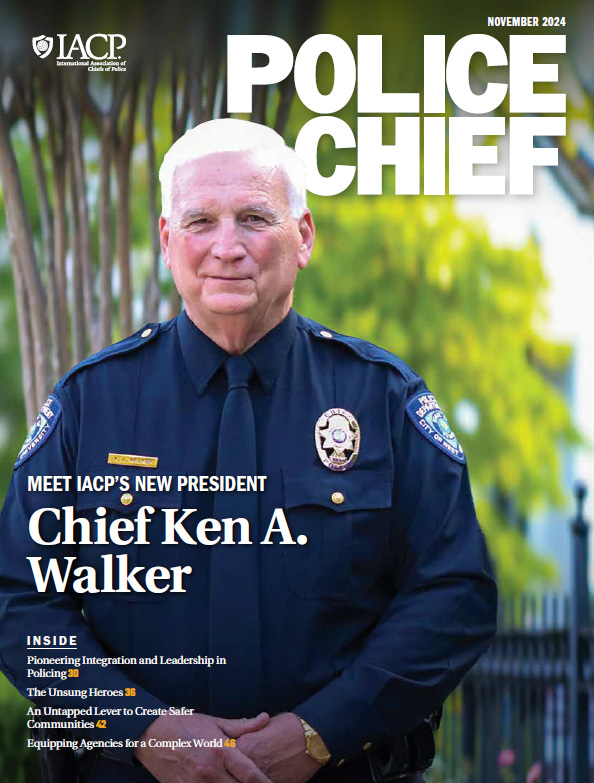Share
An emergency can happen at any time, and issues of identifying the correct resource in the correct configuration for mutual aid requests can not only make or break the response for the host agency but...
Share
The IACP has a long history of promoting professional law enforcement through the development, the conduct, and the support of police education and training. The IACP Education and Training Committee,...
Share
August Vollmer, during the early twentieth century, as chief of police in Berkeley, California, argued for the professionalism of police officers through the use of scientific training and methods of ...
Share
For years, ethics trainers have taught that all illegal behavior committed by a sworn member is unethical, but that not all unethical behavior is illegal. Still, policy noncompliance involving departm...
Share
Updating Ethics Training—Policing Privacy Series: Respecting Society’s Evolving Privacy Expectations
A friend whose work entails a good deal of airline travel has a story some travelers have experienced. Like all of us, he is subject to the 3-1-1 rule of the Transportation Security Administration (TS...

Share
Policing has always been about differing perceptions. In police research, academicians use the perceptions of citizens, officers, and supervisors to measure the successes, or failures, of an organizat...
Share
To mature and strengthen the management capabilities of fusion center leaders through academic homeland security coursework, the Naval Postgraduate School Center for Homeland Defense and Security (CHD...

Share
The United States Army Civilian Police Academy, currently located at Fort Leonard Wood, Missouri, conducts state-of-the-art police skills training for U.S. Army and Department of Defense (DOD) civilia...



